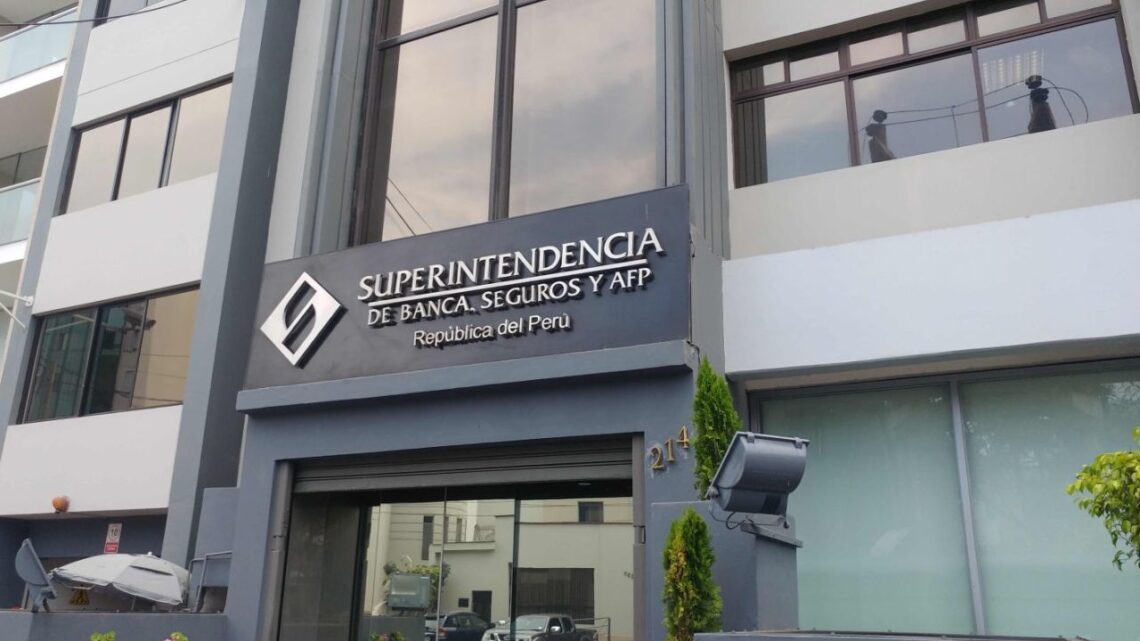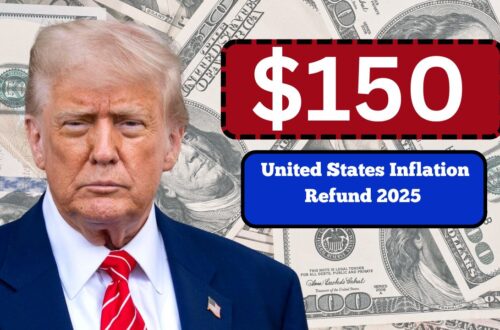In a landmark move, Peru’s Superintendencia de Banca, Seguros y AFP (SBS) has officially approved a sweeping AML/CFT regulatory framework tailored for online gambling and sports betting operators, under the oversight of Mincetur (Ministry of Foreign Trade and Tourism).
This marks a dramatic shift: iGaming platforms in Peru will now be regulated with the same rigour as financial institutions and land-based casinos. The goal is clear — to close regulatory gaps, enforce transparency, and mitigate the risks of money laundering and terrorist financing.
In this article, we delve into every facet of this new regime: what it mandates, how enforcement will work, penalties, timelines, and what this means for Peru’s evolving gambling landscape.
A Unified Effort to Tighten Regulation
Peru’s new framework is not the product of a single institution but a collaborative initiative between SBS and Mincetur. During the drafting phase, public consultation and industry input were solicited, with associations and stakeholders contributing feedback.
The stated purpose of the regulation is to:
“establish requirements, obligations, procedures, and guidelines to which such organizations will be obliged to adhere to prevent money laundering and terrorist financing, according to international standards and best practices.”
By doing so, the government aims to fully integrate online gambling platforms into the national AML/CFT ecosystem, closing former supervisory blind spots.
Key Components of the New AML/CFT Framework
The new regulation introduces a robust compliance architecture. Below is a summary of its essential elements:
| Component | What It Requires | Purpose / Notes |
|---|---|---|
| Customer Due Diligence (CDD) | Operators must verify identity of customers, directors, employees, and suppliers | To prevent illicit actors from exploiting shell accounts |
| Training & Education | Formal training for all staff involved in compliance or operations | Ensures human resources understand risk and procedures |
| Designation of Compliance Officer | Each operator must appoint a primary and alternate compliance officer | These officers are responsible for implementation and oversight |
| Record-Keeping & Reporting | Maintain full records of transactions and suspicious transaction reports (STRs) | Such reports must be forwarded to UIF (SBS’s Financial Intelligence Unit) |
| Annual Reporting | Compliance officers must produce annual reports on system effectiveness | Evaluation, documentation of corrective steps |
| Implementation Period | Operators have 120 days to modify systems to satisfy the new obligations | A window for system upgrades or redesign |
Operators are now formally categorized as “obligated subjects” under Peru’s AML/CFT law and must comply accordingly.
Enforcement, Penalties, and Legal Recognition
SBS Superintendent Sergio Espinosa has emphasized that online gambling operators are now legally akin to financial institutions in terms of obligations to report suspicious transactions. Even though Mincetur continues as the licensing authority, the UIF within SBS will process and monitor STRs.
Espinosa warned of the potential for money laundering via false winnings or manipulated bets, and insisted that operators mirror land casinos in their compliance responsibilities.
As for penalties:
- Non-compliance—especially failing to report suspicious transactions—can incur fines up to 10 Tax Units (UIT), roughly PEN 53,500 (≈ USD 15,620).
- However, Espinosa clarified that the objective is not revenue from fines, but ensuring real compliance, transparency, and deterrence.
- The system is designed more as a safeguard than a revenue instrument: “the penalty is there as a deterrent,” he stated.
Market Context & Additional Regulatory Layering
This AML/CFT framework arrives in the context of Law No. 31557 (2022) regulating remote gaming and sports betting, and its implementing decree (Decree 005-2023-Mincetur) that lays out technical and operational standards.
Furthermore, enforcement is already underway:
- As of early 2025, 60 technology platforms have been authorized, and 280 service providers registered.
- The number of authorized gaming or betting venues rose to 4,516, with 683 new betting venues registered since December 2024.
- The government has claimed a 40 % reduction in illegal online operators following enforcement actions.
- Tax revenues have surged via a 12 % tax on net operator income, plus a 1 % Selective Consumption Tax (ISC) on bets (temporarily reduced to 0.3 % until July 1, 2025).
Also, non-licensed operators risk fines up to PEN 990,000 and even prison sentences up to four years. Authorities already have the power to block unauthorized sites and disrupt payment services.
It’s worth noting that the existing legal prohibition on cryptocurrency use via platforms remains – operators may not accept crypto transactions under the current regime.
Peru’s approach may set a precedent in Latin America: coupling market expansion with integrity safeguards. Countries watching will likely consider mirroring this architecture, where growth is balanced with accountability.
Peru has taken a bold, decisive step in regulating its online gambling sector. By empowering SBS to enforce AML/CFT rules over iGaming platforms and pairing that with Mincetur’s licensing control, the country is weaving financial integrity into the fabric of its burgeoning digital gambling market.
Operators must now adapt, but they also gain the legitimacy and structure needed to thrive in a stable, credible environment. This is not just regulation — it is the transformation of Peru’s iGaming sector toward transparency, responsibility, and global best practices.









